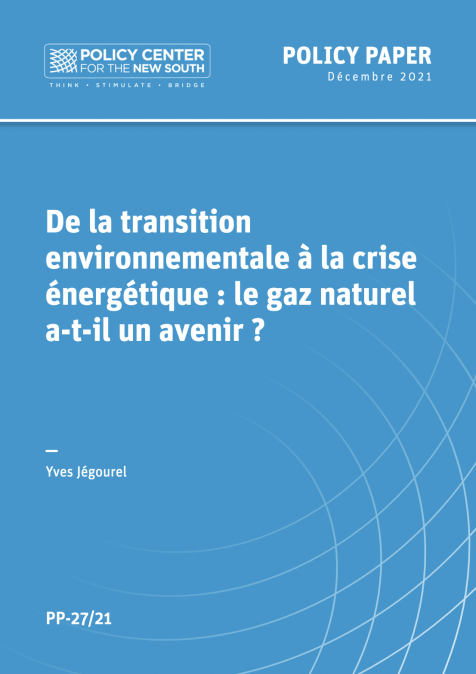Opening Remarks Karim El Aynaoui, Executive President, Policy Center for the New South
Session 1: Challenges of Monetary Policy: Navigating Inflation Dynamics in the Face of Supply Shocks
The confluence of COVID-19 pandemic and the ongoing Russia-Ukraine conflict has resulted in a surge of inflation not seen for decades. Developing countries, especially in Africa, are bearing the brunt of this complex economic landscape, characterized by a sluggish recovery, rising unemployment and poverty rates, tight international financing conditions, soaring public debt, and persistent inflationary pressures. Central banks in Africa are facing the challenge of balancing the need to support economic growth with the need to prevent inflation from spiraling out of control. This session will explore the complex and interrelated issues surrounding monetary policy in Africa and the strategies that central banks can employ to navigate inflation dynamics in the face of supply shocks. As such, this session will address the following questions: - How can African central banks adapt their monetary policy frameworks and tools to effectively address supply shocks? - How can African central banks effectively manage the tradeoff between inflation and growth in the current environment? - What are the potential long-term effects of the current wave of monetary policy tightening in Africa? - What policy mix frameworks could be used to address macroeconomic imbalances in African economies, and how can they be tailored to the unique characteristics of these countries?
Chair: Mehdi Bartal, Professor, Mohammed VI Polytechnic University (Morocco)
Speakers: - Abla Abdel Latif, Executive Director & Director of Research, The Egyptian Center for Economic Studies (Egypt) - Ibrahim Elbadawi, Managing Director, Economic Research Forum (Sudan) - Abebe Aemro Selassie, Director of the African Department, International Monetary Fund (Ethiopia). Online








